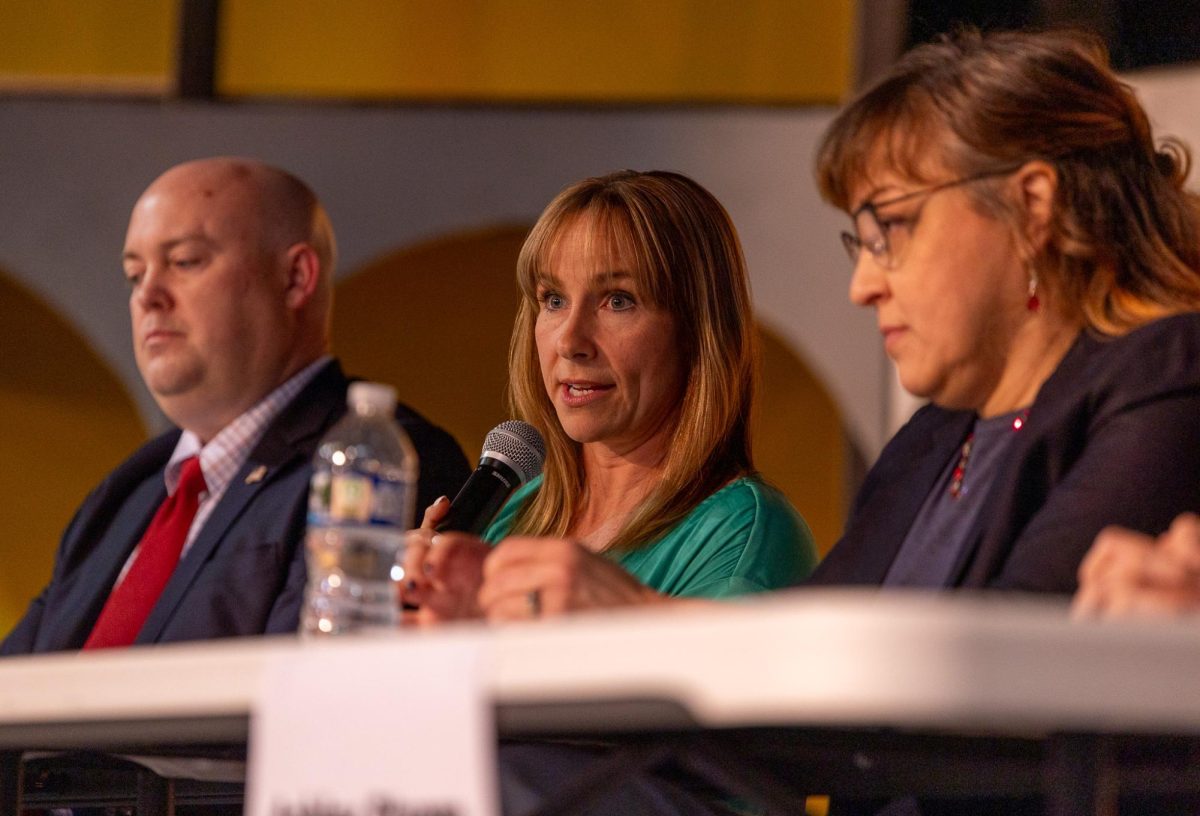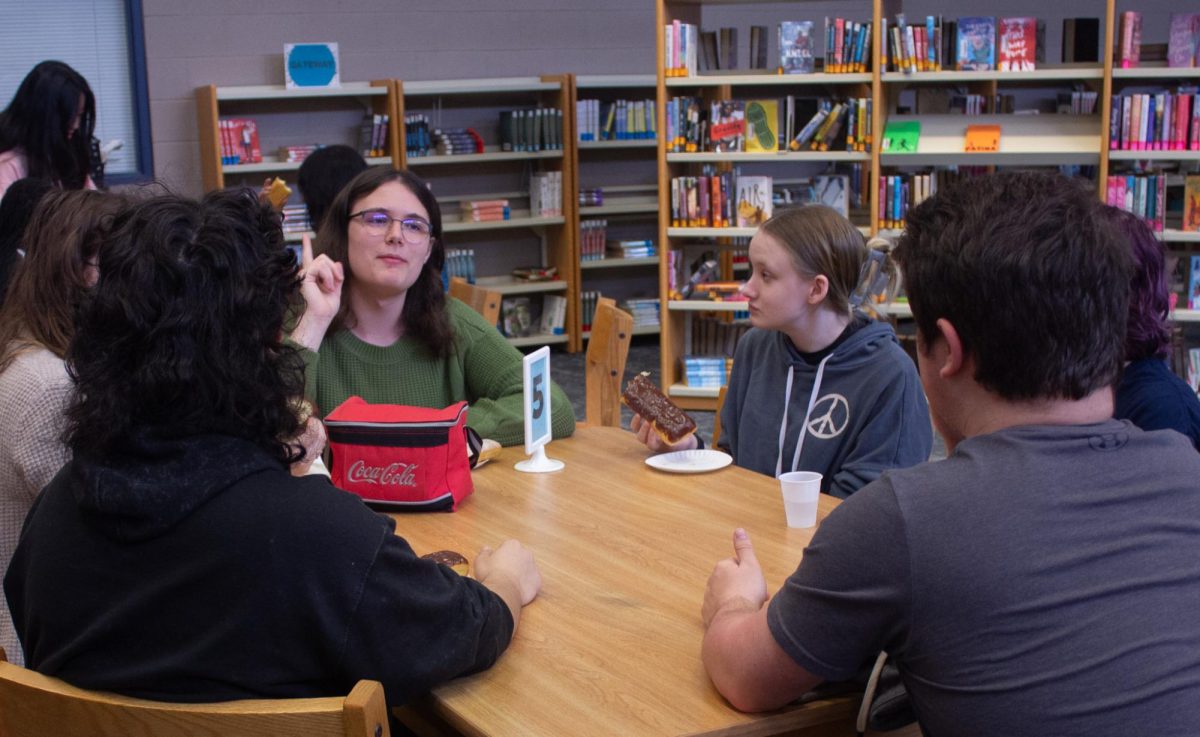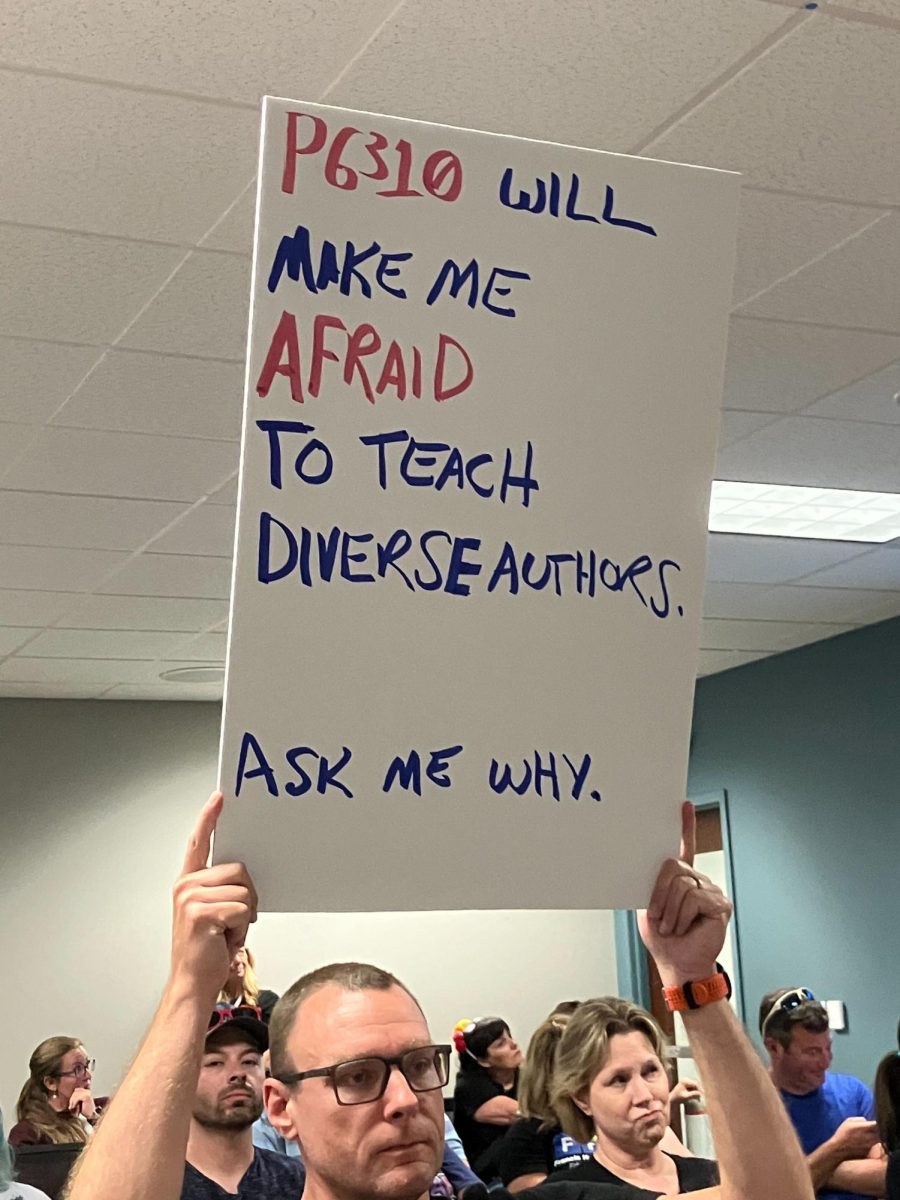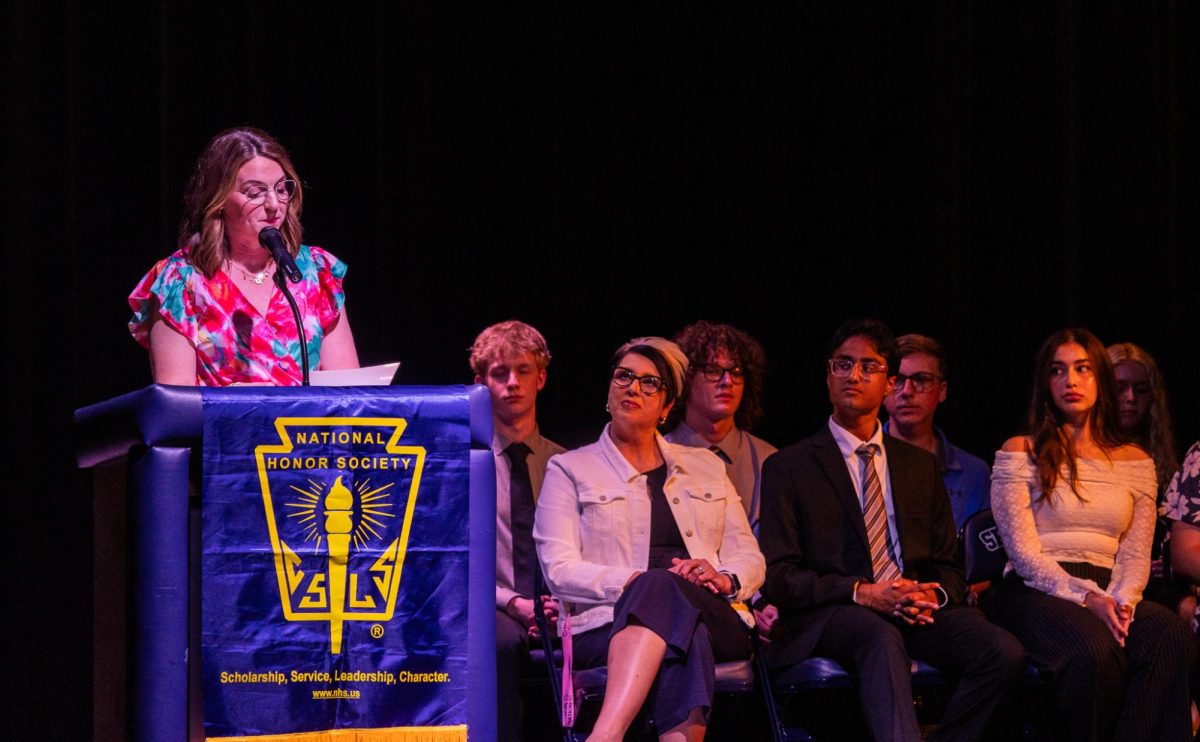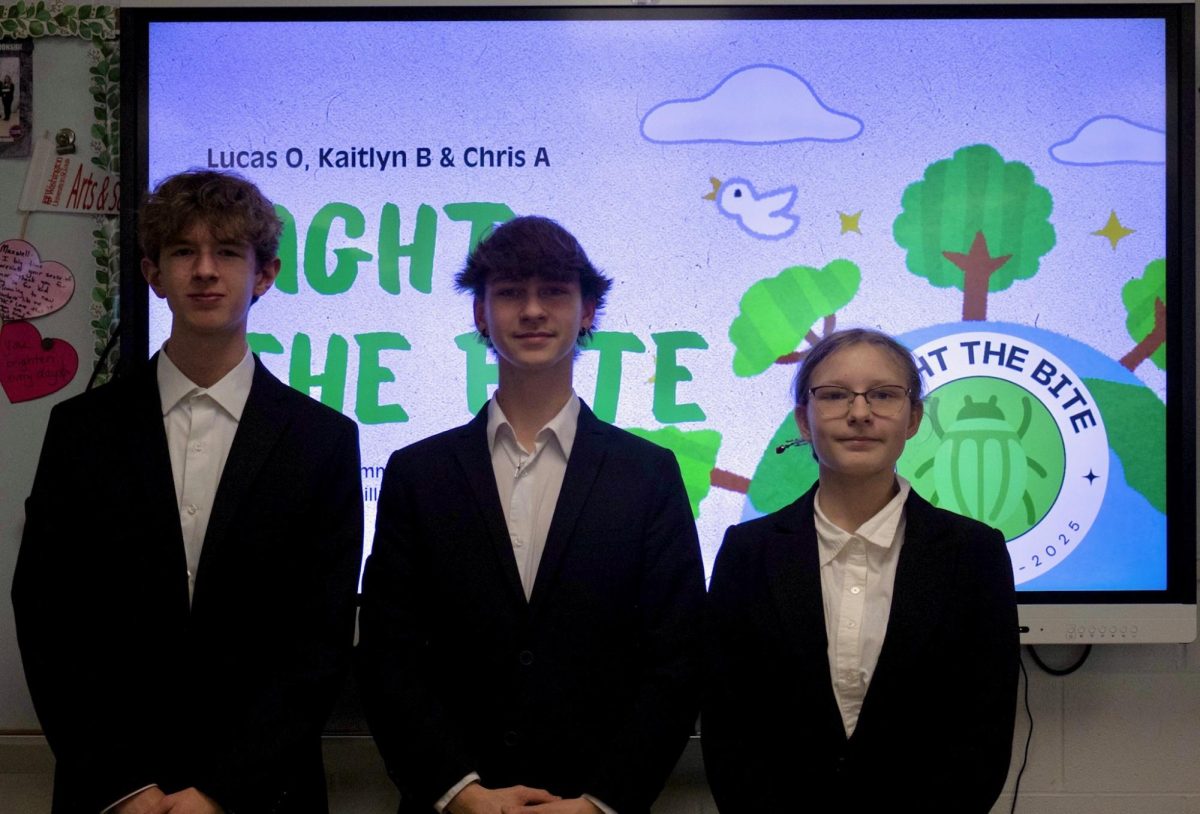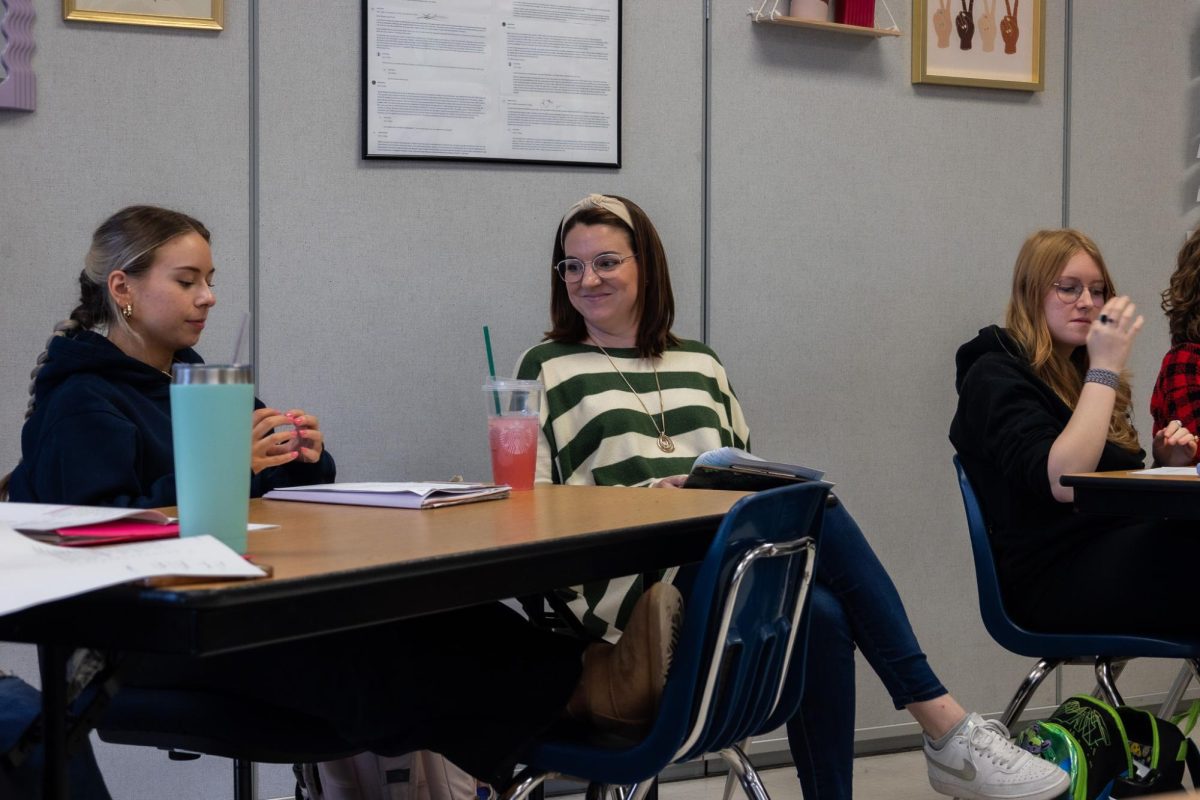At their monthly meeting on Thursday, Aug. 15, the district’s Board of Education pushed through a four hour-long agenda, headlined by the controversial Regulation 6116, Policy 6310, Policy 6341, and their corresponding regulations.
Regulation 6116 outlines a set of rules regarding human sexuality within the educational space. 6116 limits the subjects that teachers can discuss with students. It states that teachers may not make any “values judgements on human sexuality” after earlier stating that gender and sexuality are “inextricably intertwined.” Criticized by board member Steven Blair, he discussed the vagueness of “values judgements.”
“Can a teacher say ‘All of you are equal in my class’ on a sign with seven rainbow colors behind it? Can a teacher display a photo of a family member’s wedding with a same-sex partner, or would that be a ‘values judgement?’” Blair said.
Despite the criticism, the Board passed Regulation 6116 without amendments in a 5-2 vote.
Policies and Regulations 6310 and 6241 relate to the district’s books and reading materials. As previously covered here, these actions by the Board set standards for the review process of literature and what is considered appropriate for each learning level. While mostly talked about previously for the changes in the definition of “excessive profanity,” the attention at this meeting was on who specifically enforces these regulations, and the logic of book-banning as a whole. Author Shana Youngdahl spoke during the meeting’s segment of patron comments, and defended the value behind mature books in the high school environment.
“My grandfather served in the second world war,” Youngdahl said, “but it wasn’t until I read ‘Maus’ that I viscerally understood how typing and demeaning others can lead to atrocities like the Holocaust.”
Arguments in support of these various motions cite the role of parents in raising their children rather than teachers. Previous board candidate Sam Young made a statement about the age appropriateness of books and media in school.
“A truth that should be addressed is that schools should set age-appropriate limits on the materials given to kids … [it] isn’t book banning, it’s addressing the developmental maturity of our kids,” Young said.
The described policies and regulations were also passed by the Board. Regardless of opinion, however, the enthusiasm of the audience was particularly noticeable. Multiple times throughout the night the audience would vigorously applaud their favorite talking points, noticeably following speakers from both sides. At times, one could even hear whispering en masse or shouting. The demeanor of the audience, as well as the polarization, was observed by Young as well.
“I’m okay with audience reactions as long as it doesn’t take away from the person speaking. Like at one point Adriana Kuhn had to receive an extra 20 seconds because you just couldn’t hear her,” Young said.
Furthermore, there were signs made and displayed by audience members of all affiliations. Some spread among many patrons displayed short slogans, some made by specific attendees had more to say.
No matter the input from the audience, the Board members remained resolute in their stances and passed a considerable amount of motions. For the full details of the meeting’s agenda, look here. For a full recording of the meeting, here.




